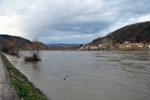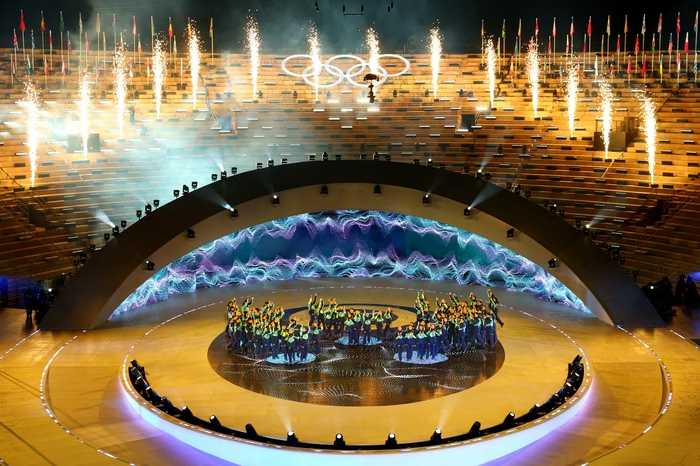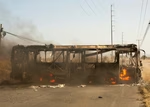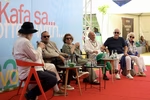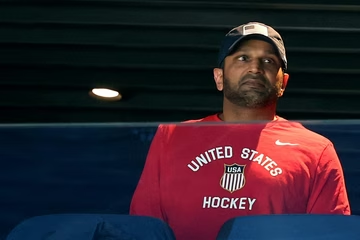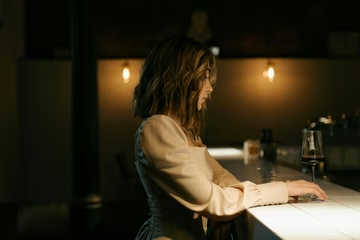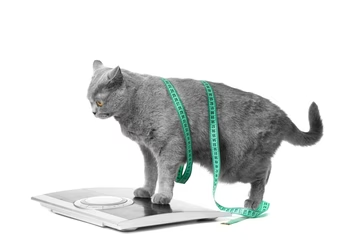Lawyers file complaint against prosecutors behind 'Dobrovoljacka' investigation
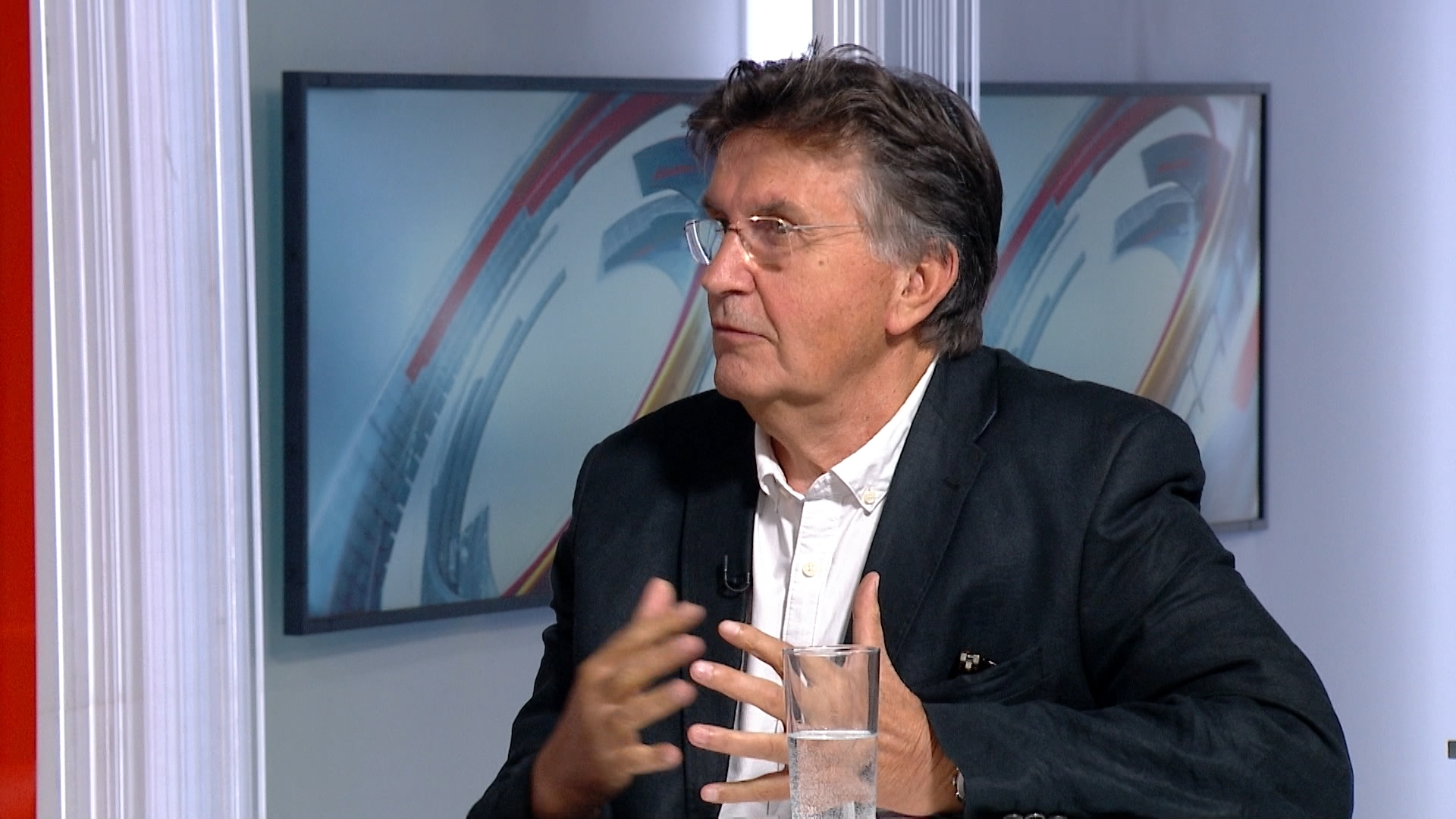
The legal team of wartime BiH Presidency member, Ejup Ganic, has filed a criminal complaint against prosecutors who initiated war crimes proceedings against their client in relation to the 1992 Dobrovoljacka Street incident, arguing that the judicial officials abused their office, lawyer Senad Pecanin confirmed for N1.
Oglas
Pecanin said complaints were filed to the Sarajevo Canton’s Prosecutor’s Office against acting BiH Chief Prosecutor, Milanko Kajganic, and state prosecutors Gordana Tadic and Goran Salihovic. The complaints state that they abused their functions and knowingly obstructed the investigation in the "Dobrovoljacka" case, ie the criminal case of Ejup Ganic and others.
The Court of Bosnia and Herzegovina has confirmed the indictment in the Dobrovoljacka case in May. The accused are Ejup Ganic, Zaim Backovic, Hamid Bahto, Hasan Efendic, Fikret Muslimovic, Jusuf Pusina, Bakir Alispahic, Enes Bezdrob, Ismet Dahic and Mahir Zisko.
Pecanin said the complaint was filed because the prosecutors did not act in accordance with a decision with a 2016 decision by former war crimes prosecutor, Mirza Hukeljic, to stop the investigation into the case. He said that Salihovic, Tadic and Kajganic continued the investigation which ultimately resulted in the indictment against Ganic and the other nine people accused.
Bosniaks and Serbs have conflicting narratives about the clash on May 3, 1992, when Bosnian forces attacked a JNA convoy which was leaving the city per a withdrawal agreement but took BiH’s president with them as a hostage.
The JNA captured the first President of the Republic of Bosnia and Herzegovina, Alija Izetbegovic, at the Sarajevo International Airport the previous day as he was returning from negotiations in Lisbon and it was agreed the President would be freed in return for the uninterrupted withdrawal of the JNA soldiers from the barracks in Sarajevo.
Allegedly, Bosnian forces stopped the convoy in Dobrovoljacka street, in downtown Sarajevo, to free their president and despite the order to cease fire, issued by General of what was then called the Army of the Republic of Bosnia and Herzegovina Jovan Divjak, the clash occurred which led to the death of former JNA soldiers.
It has never been established who shot first during the attack and the battle remains a symbol of defence for one side and a symbol of suffering for the other.
Kakvo je tvoje mišljenje o ovome?
Učestvuj u diskusiji ili pročitaj komentare
Oglas
Kakvo je tvoje mišljenje o ovome?
Učestvuj u diskusiji ili pročitaj komentare
Oglas





 Srbija
Srbija
 Hrvatska
Hrvatska
 Slovenija
Slovenija












